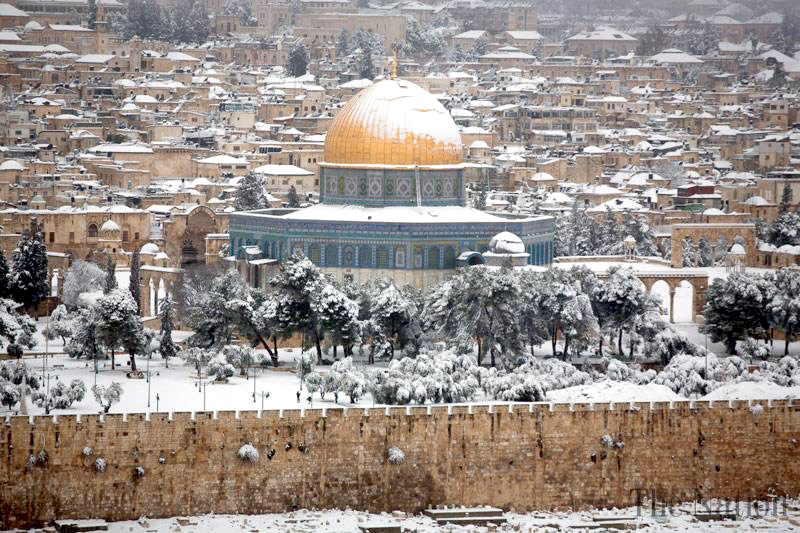The project is a joint effort of the Negotiation Task Force of Harvard’s Davis Center for Russian and Eurasian Studies and the Forum on Geopolitics of the Department of Political and International Studies of the University of Cambridge.
The Jerusalem First Project was initiated to liberate the agenda of the Middle East peace negotiations. This one year project aimed at offering a new direction for peace mediation in the Middle East in the backdrop of the controversial Trump policies. The “outside-in” approach solution to the conflict between Israel, the Palestinians and the wider Arab world is unlikely to work without anchoring and precise strategic sequencing. Mediation attempts with the “inside-out” or “nothing is agreed until everything is agreed” approaches of the past three decades have also failed. What is needed is a “center-out” approach that anchors and tackles the biggest question first: the final status of Jerusalem.
Conceptually, the project intends to incorporate integrative internationalization’- which essentially means institutionalizing “integrative negotiations” through diplomatic participation of regional (international) stakeholders in governance and dispute resolution— (see Dahlan, The Hijaz, [OUP, 2018]). Integrative negotiations, are negotiations in which there is a potential for the parties’ interests to be integrated in ways that create joint value or enlarge the pie. It is possible when the parties have some shared interests or opportunities to realize mutual gains through trades across multiple issues. (Michael Watkins and Susan Rosegrant, Breakthrough International Negotiations [Jossey-Bass, 2001], 31).
Furthermore, Jerusalem First calls for a diplomatic conference negotiations rather than dated bilateral back channels. The University of Cambridge “Westphalia for the Middle East” project was the forum for such simulated discourse.
The project explores the role that Jerusalem could play in sequencing regional negotiations in the Middle East. Specifically, an interdisciplinary team investigates a) the interests of relevant stakeholders with regards to Jerusalem, with a special focus on integrative internationalization, b) whether local arrangements exist between religious communities in Jerusalem that could inform regional peace plans, and c) how religious actors can play an effective role in mediation initiatives.
Furthermore, Jerusalem First calls for a diplomatic conference negotiations rather than dated bilateral back channels. The University of Cambridge “Westphalia for the Middle East” project was the forum for such simulated discourse.
More broadly, the project, anchored in negotiation science, aims to identify and utilize negotiation and mediation strategies, peace making and peace keeping law, stake holder mapping, and mediation design to offer mediator toolkits that leverage the role of holy cities and sites to build regional consensus in conflict systems such as the Middle East and Central Asia.
Preliminary findings were discussed in a small group setting at a conference on negotiation complexity, to be held September 20-21, 2019 on the Harvard University campus. A follow-on conference is planned for November 8-10, 2019 in Cambridge, UK.


